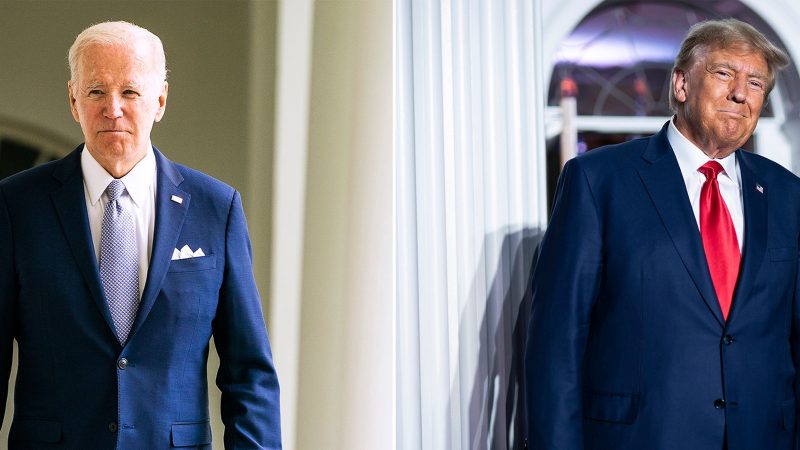The Trump-Biden Battle Over the 2017 Tax Cut
The 2017 Tax Cut has been a significant point of contention between former President Donald Trump and current President Joe Biden. This tax cut, officially known as the Tax Cuts and Jobs Act (TCJA), was signed into law by President Trump in December 2017. It was touted as the most significant overhaul of the U.S. tax code in decades and aimed to stimulate economic growth, create jobs, and provide tax relief to American families and businesses. However, the impacts and benefits of this tax cut have been fiercely debated by Trump and Biden, highlighting their differing views on economic policy and taxation.
President Trump often cited the 2017 Tax Cut as one of his administration’s major achievements. He argued that the tax cuts resulted in a booming economy, increased investments, and job creation. Trump claimed that the tax cut put more money in the pockets of working Americans, boosted consumer spending, and spurred business expansion. Furthermore, he contended that the reduced corporate tax rate made the United States more competitive globally and led to the repatriation of funds held overseas by multinational corporations.
On the other hand, President Biden and many Democrats criticized the 2017 Tax Cut for disproportionately benefiting the wealthy and large corporations. Biden argued that the tax cut increased income inequality by providing significant tax breaks to the top income earners while offering minimal relief to middle-class and lower-income households. He also raised concerns about the ballooning federal deficit resulting from the tax cut, claiming that it would lead to cuts in vital social programs and services in the future. Additionally, Biden proposed reversing some of the tax cuts for corporations and the wealthy to fund his policy priorities, such as infrastructure investments and social programs.
In response to Biden’s criticisms, Trump and his supporters defended the tax cut as a necessary measure to stimulate economic growth and create jobs, particularly in the aftermath of the 2008 financial crisis. They pointed to the record-low unemployment rates and robust stock market performance during Trump’s presidency as evidence of the tax cut’s success. Trump also argued that rolling back the tax cuts would hinder economic recovery and harm American competitiveness.
The clash between Trump and Biden over the 2017 Tax Cut encapsulates their differing views on taxation, economic policy, and income inequality. While Trump sees tax cuts as a catalyst for economic growth and prosperity, Biden views them as exacerbating inequality and favoring the wealthy. The debate over the 2017 Tax Cut is likely to continue as both parties seek to shape fiscal policy and address the economic challenges facing the nation.

